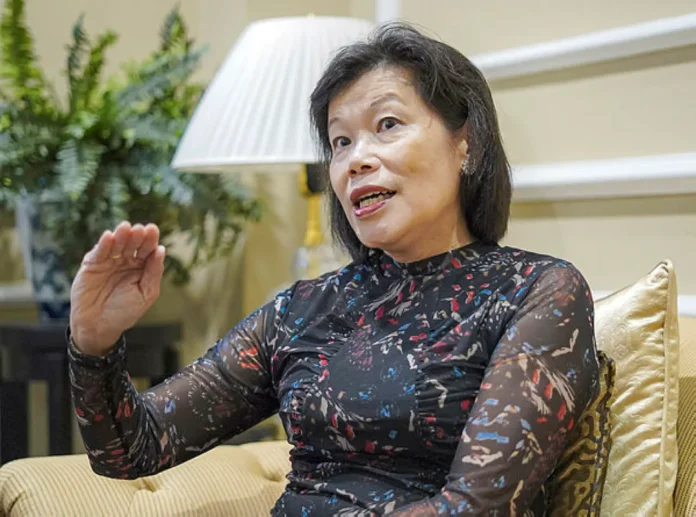Hospis Malaysia provides free home visits costing RM500 each, focusing on emotional support and dignity for patients and families.
KUALA LUMPUR: As Malaysia’s healthcare system continues to champion healthy living and disease prevention, a harder truth remains – many Malaysians enter their 40s already battling chronic illnesses.
For patients with terminal illnesses, palliative care becomes their lifeline although the system, experts say, still lacks the support needed to provide it fully.
According to Tham Su Ming, strategy and communications director at Hospis Malaysia, this is where the country’s focus must broaden.
“We talk about prevention, which is important. However, we must also recognise that not everyone has equal access to healthcare, nutrition or the means to maintain a healthy lifestyle.
“Many people are now living with advanced heart or kidney disease, or late-stage cancer – they face these conditions due to circumstances beyond their control.
“They, too, deserve care, comfort and dignity in how they live their remaining lives.”
She added that a recent cancer registry report showed that 64% of cancers in Malaysia are detected at Stage 3 or 4, when chances of cure are low.
She said while treatment may still help slow disease progression, patients often face immense physical, emotional and social burdens.
“We have to be realistic. It may not be curable, but it doesn’t mean they should be left without support.
“Palliative care is about helping them live as well as possible for as long as possible.”
Tham stressed that palliative care focuses not just on the patient, but also on caregivers and family members.
For younger patients, especially those who are breadwinners, the situation becomes even more complex.
“We may not be able to solve financial issues, but we try to connect them with welfare organisations. That’s what holistic care means.
“It’s not about giving up. It’s about ensuring dignity, comfort and coordinated support, because the well-being of patients and their families still matters.”
Tham said Hospis Malaysia continues to collaborate with both local and international bodies to improve training but warned that retention will remain a challenge without broader systemic solutions such as better pay, improved career progression and national-level support.
“You’re dealing with people at the most vulnerable stage of their lives. All nurses, even the experienced ones, must go through our in-house training, which takes an average of about six months.”








